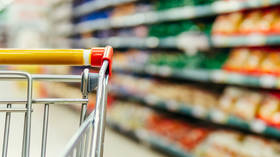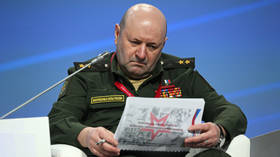Top grocery brands fueling ‘greedflation’ – UK watchdog

Many popular grocery suppliers have been pushing up prices by more than their cost, fueling ‘greedflation’, according to a recent report by the UK Competition and Markets Authority (CMA).
‘Greedflation’ refers to artificial price increases introduced by companies to take advantage of inflation and create excessive corporate profits.
The study shows that over the last two years, around three-quarters of branded suppliers in products such as infant formula, baked beans, mayonnaise, and pet food have increased their unit profitability and, in doing so, have contributed to higher food price inflation.
Across the food and groceries sector, the CMA found that high inflation has been driven largely by rising input costs, particularly for energy and key agricultural products like fertilizer.
“Food price inflation has put huge strain on household budgets, so it is vital competition issues aren’t adding to the problem,” said Sarah Cardell, the chief executive of the CMA. “While in most cases, the leading brands have raised prices more than their own cost increases, own-label products are generally providing cheaper alternatives,” she noted.
The CMA said that of the ten product categories it examined, it had the biggest concerns over baby milk, the price of which has risen by 25% in the last two years, with two companies accounting for 85% of market share. According to the regulator, families could make significant savings of more than £500 over the first year of a baby’s life through buying cheaper formula options.
“Unlike other products examined, there is little evidence of parents switching to cheaper branded options as prices have risen and [there’s] very limited availability of own-brand alternatives,” said Cardell.
The CMA report indicated that food price inflation in the UK continues to be at historically high levels, despite falling to 10.1% in October 2023.
For more stories on economy & finance visit RT's business section











